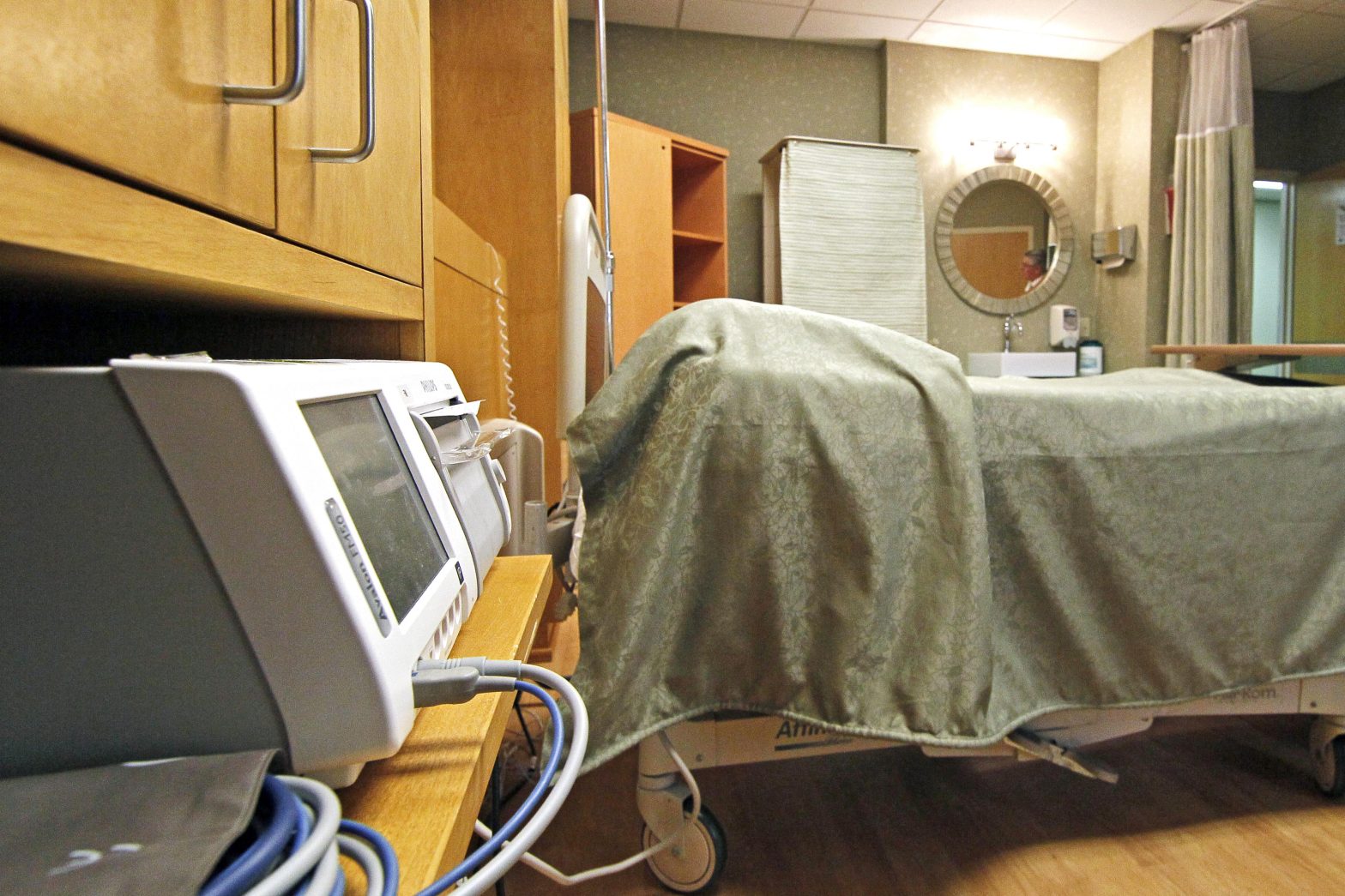FemTech Innovations: Prioritizing Apps for Women’s Health
COMMENTARY

Make no mistake, women’s health has been left behind in the United States. The U.S. leads developed nations in maternal morbidity, and this medical crisis has trickled into every facet of women’s health.
One of the driving forces behind this current state is a limited understanding of these health conditions, a symptom of the larger problem — lack of funding and advancement.
While we need to increase funding and initiatives on a systemic level, we have seen the state and federal government supporting available technologies on the market to make a positive impact on pregnancy care. As patients turn to the internet and technology more frequently to fill in the gaps, accurate information surrounding health literacy and access is extremely vital.
One such app is the Pregnancy+ application — the world’s most downloaded pregnancy app with tens of millions of downloads around the world — was adopted earlier this year by the Michigan Department of Health and Human Services as a resource for Medicaid-eligible families.
The app provides customized and tailored content and crucial information that parents need at every step of the process. The program was so successful that Michigan recently announced an expansion, as roughly 80% of users said the app connected them to existing state resources.
Pregnancy health conditions do not end with the birth of a baby. Issues with blood pressure and other potential complications may continue and can have devastating effects if unrecognized or untreated.
Apps and programs similar to Pregnancy+ that help address those concerns for new parents — and have been endorsed by the American College of Obstetricians and Gynecologists, the Centers for Disease Control and Prevention, the National Institutes of Health and others — previously received crucial funding from the CARES Act.
There are several other innovations being made in the maternal health field that can be used in the postpartum period for busy moms, in addition to treating conditions existing outside of pregnancy. For example, there is an app that connects to a pelvic floor sensor device and is specifically designed to help with pelvic floor disorders, a common issue in the postpartum period and beyond.
With further investment from our elected officials into these types of programs, we have the opportunity to extend resources into as many hands as possible, with the impact being limitless.
Harnessing the power of technology is a low-risk yet high-return strategy that can bring medical advancements, education and safety to women, who have been neglected for far too long. It is incumbent upon our elected leaders to continue to recognize and support innovation wherever possible, specifically in the health care industry.
Not all hope is lost. It is reassuring to know we have strong leaders who place a premium on standing up for women’s health. Elected officials in Massachusetts like Democratic Reps. Lori Trahan and Ayanna Pressley both supported the 2020 bill and have been strong advocates for women’s health throughout their tenures in Congress.
We are calling on our representatives in Massachusetts and in Congress for their continued support for innovation like Pregnancy+ and others in the women’s health care space.
This is critical to ensuring patients across the country receive the care they deserve to live safe, healthy and happy lives.
Dr. Danielle Carr is a fellow physician in urogynecology and reconstructive pelvic surgery with a faculty appointment at Harvard Medical School.
Dr. Sruthi Sakamuri is a practicing physician in obstetrics and gynecology at Newton-Wellesley Hospital. Both physicians have advocated for programs to address maternal mortality issues with ACOG in Washington, D.C. Their opinions are their own. The can be reached by email.

























